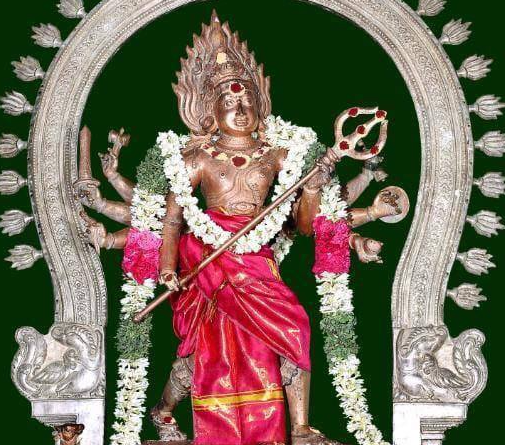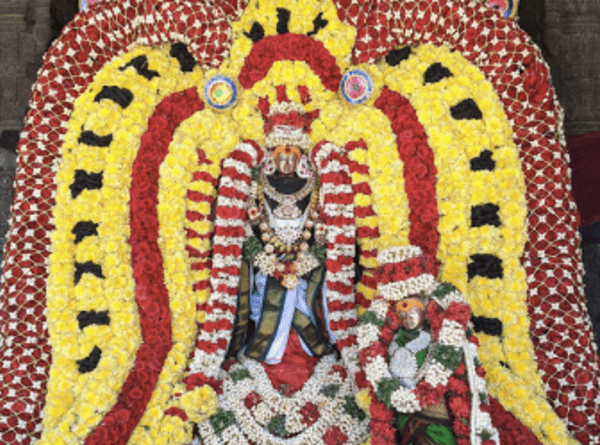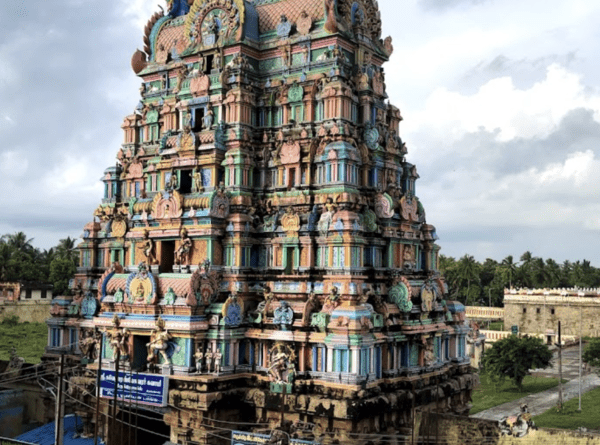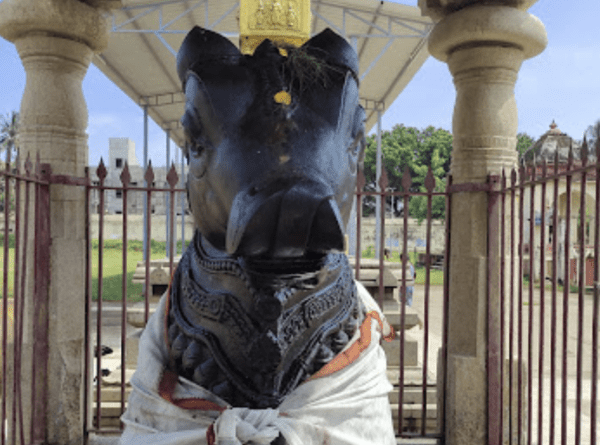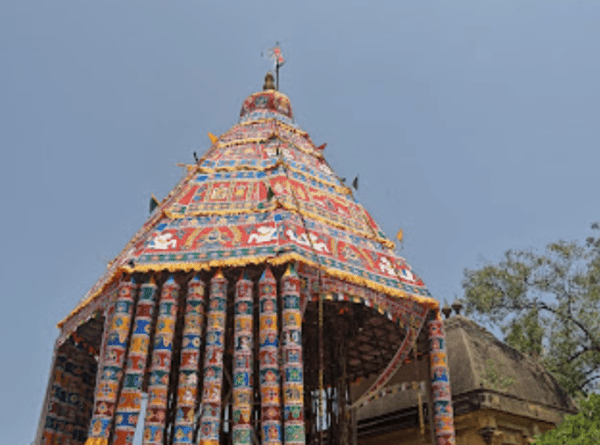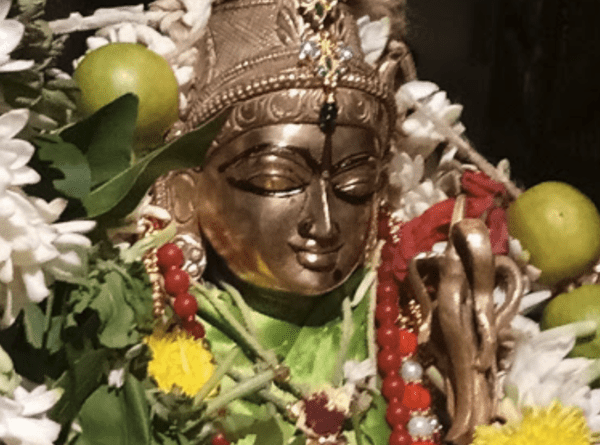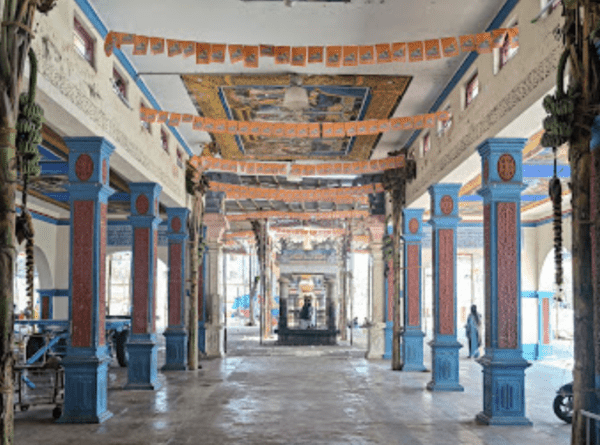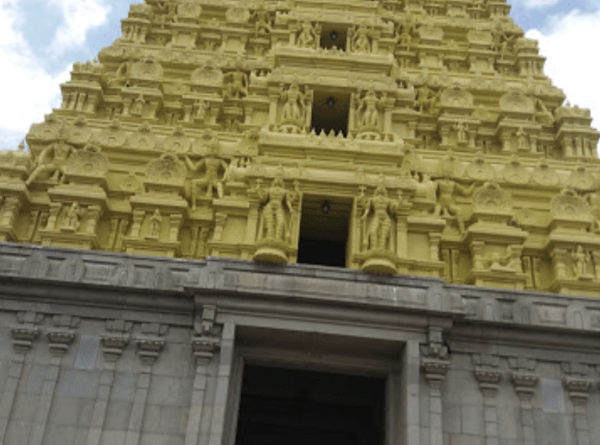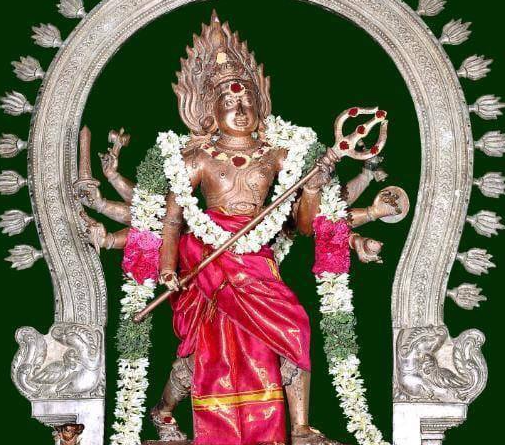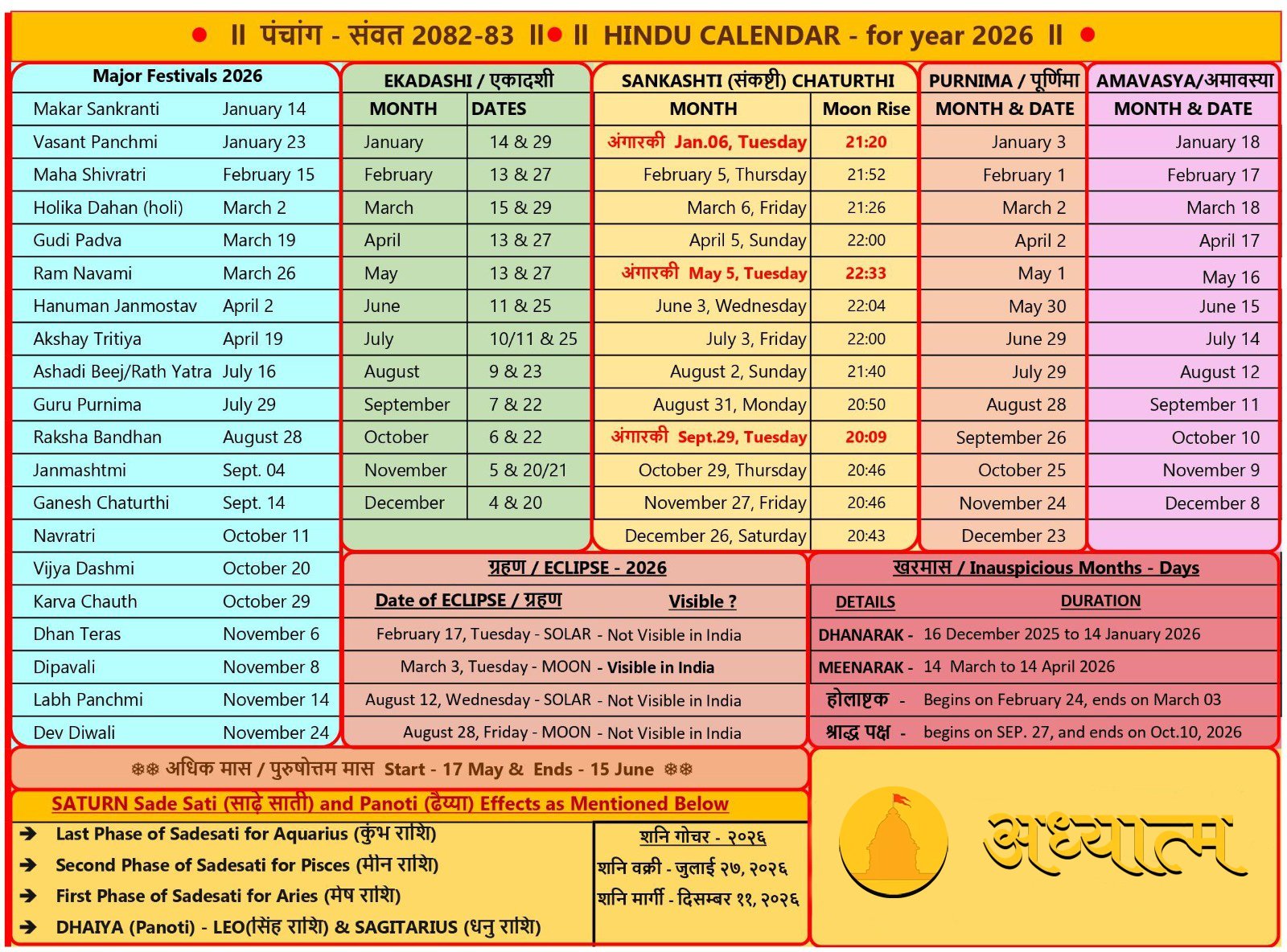Thiruvenkadu Suweathaaranyeshwarar Temple/Shvedanarayan Swami
Located in the serene village of Thiruvenkadu, within the lush landscapes of Tamil Nadu’s Mayiladuthurai district, stands the Swetharanyeswarar Temple, a beacon of spirituality and tradition. This revered Hindu temple is dedicated to Lord Shiva, who is worshipped here in the sacred lingam form, known as Swetharanyeswarar. Alongside him, Parvati, his divine consort, is also venerated under the name Brahmavidyambigai, adding layers of spiritual significance to the temple’s ambiance. The temple not only serves as a place of worship but also as a testament to the rich cultural heritage and architectural brilliance of Tamil Nadu, drawing devotees and history enthusiasts alike to its doors.
About the Temple & History
This temple is not just any temple; it has a big role in Hindu religion and culture. It’s mentioned in ancient Tamil poems from the 7th century, called the Tevaram, which were written by holy poets known as the Nayanars. These poems are very important to people who follow Saivism, a major branch of Hinduism that worships Shiva as the supreme god.
The Swetharanyeswarar Temple is also part of a special group of temples connected to the Navagraha, or the nine celestial bodies in Hindu astrology, focusing on Budha (Mercury). It’s a place of great spiritual significance and a must-visit for devotees and anyone interested in ancient traditions and stories.
The history of the Swetharanyeswarar Temple is etched in its very stones. Ancient inscriptions inside the temple tell us that early kings of the Chola dynasty, like Aditya Chola and Rajaraja Chola, generously supported and added to the temple’s grandeur. This temple is not just famous for one or two shrines but has several important ones, including those dedicated to the goddesses Durga and Kali. One of the temple’s treasures is a stunning statue of Natarajar, Lord Shiva as the cosmic dancer.
A special part of the temple’s worship happens on Sunday nights, dedicated to Aghoramurthy (also known as Veerabhadrar), which holds a unique significance here. Much like the famous Chidambaram temple, there’s a dedicated space for Lord Vishnu right next to Natarajar’s shrine. This connection has earned it the nickname “Adi Chidambaram,” because it’s believed that Lord Shiva danced here before moving to Chidambaram.
The temple’s walls are a historical archive, with about a hundred inscriptions from various periods, including the Cholas, Pandyas, and the reign of the Vijayanagara Empire’s Krishnadevaraya. The temple has been particularly favored by major kings such as Raja Raja Chola I, Rajendra I, Virarajendra, Kulothunga I, Kulesekara Pandya, and Vikrama Pandya, all of whom played significant roles in enriching this spiritual site.










